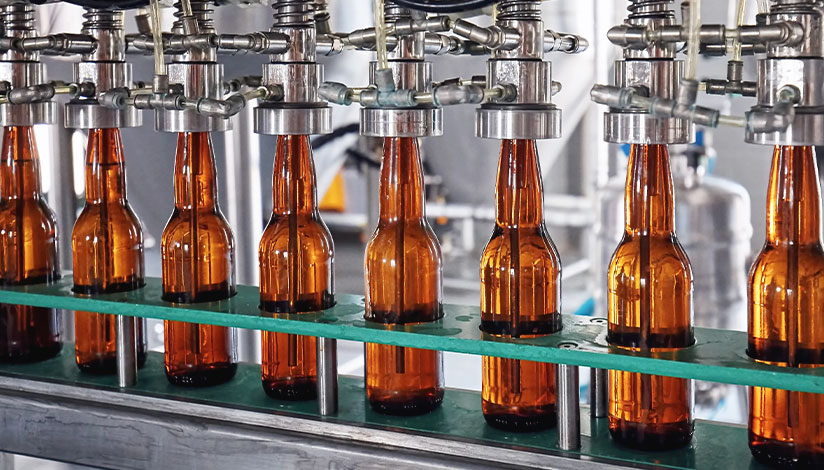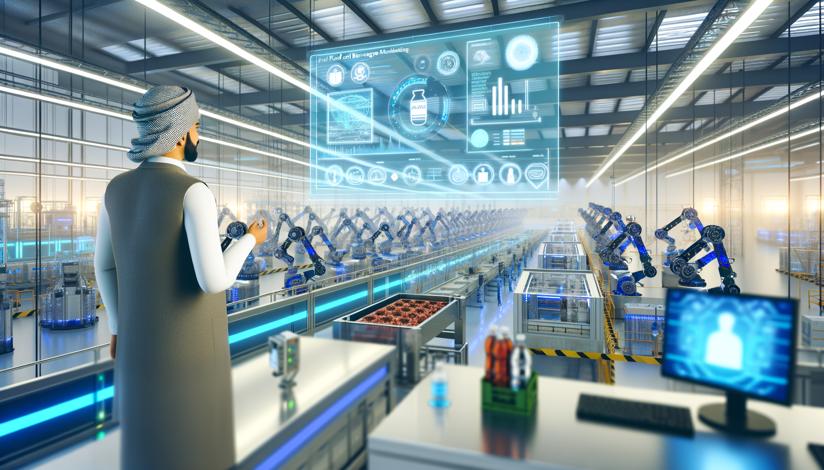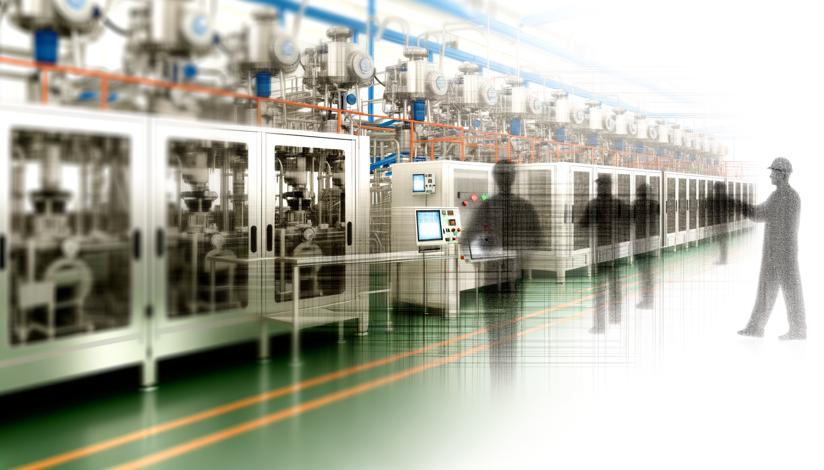

Economies of scale is a major advantage for food and beverage manufacturing. Large-scale production allows companies to benefit from bulk purchasing, streamlined processes, and lower input costs. By producing in large quantities, companies can often negotiate better deals with suppliers and access resources at a lower cost per unit.
In terms of production capacity, food and beverage manufacturing again has the upper hand. Dedicated factories equipped with specialized machinery and optimized production lines can churn out a high volume of products in a shorter time frame. This higher production capacity allows companies to meet the demands of a larger customer base and respond to market trends more effectively.
Distribution is another area where food and beverage manufacturing excels. With their established networks and logistical expertise, large-scale manufacturers can efficiently distribute products to a wider range of locations. They often have partnerships with major retail chains, enabling them to reach consumers across multiple regions and even international markets.
On the other hand, small-scale production offers unique advantages as well. For consumers seeking artisanal and handcrafted food and beverages, small-scale producers can offer a level of quality and attention to detail that larger manufacturers may struggle to match. Small-scale production also allows for greater flexibility and experimentation, making it easier for producers to adapt to changing consumer preferences and cater to niche markets.
In terms of market reach, both food and beverage manufacturing and small-scale production have their merits. Large-scale manufacturers have the advantage of wider distribution channels and greater visibility in mainstream retail outlets. However, small-scale producers can tap into the growing demand for specialty products and cater to discerning consumers who value unique and authentic offerings.
In conclusion, the choice between food and beverage manufacturing and small-scale production depends on various factors, including the goals of the business, target market, and desired level of quality and customization. Large-scale manufacturing offers cost advantages, high production capacity, and extensive distribution networks. Small-scale production, on the other hand, provides the opportunity for artisanal craftsmanship and niche market appeal. Ultimately, both approaches have their place in the food and beverage industry, and the right choice depends on the specific circumstances and objectives of each company.

Economies of scale
Production capacity
Distribution

Lack of customization
Limited market reach
Higher costs per unit

























-
https://www.foodmanufacturing.com/
-
https://www.nasda.org/
-
https://www.sciencedirect.com/







































